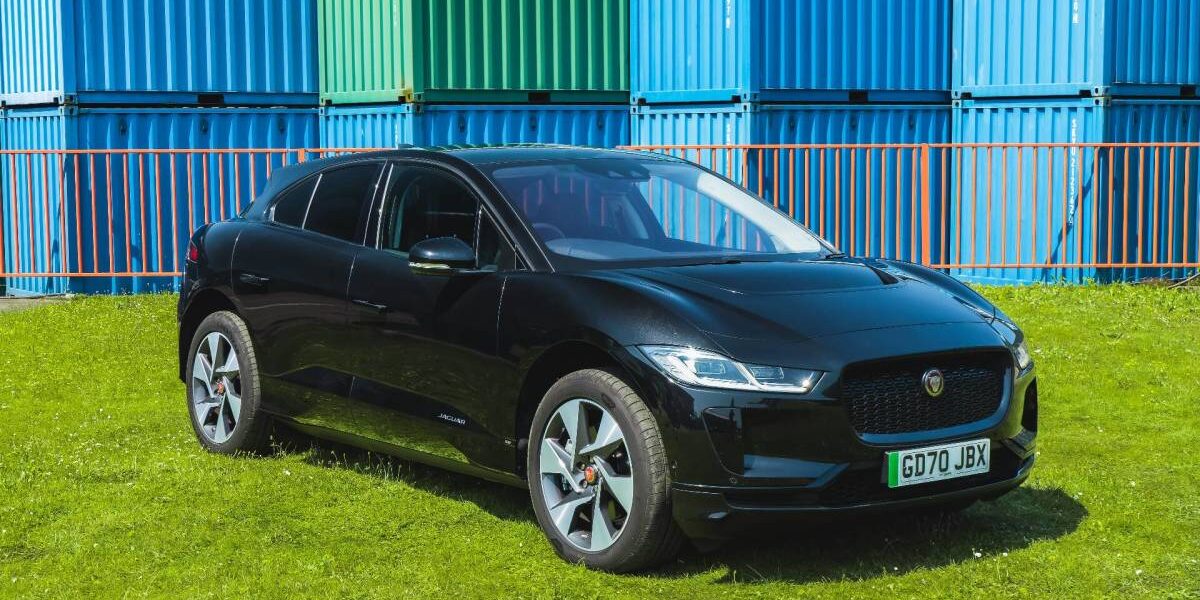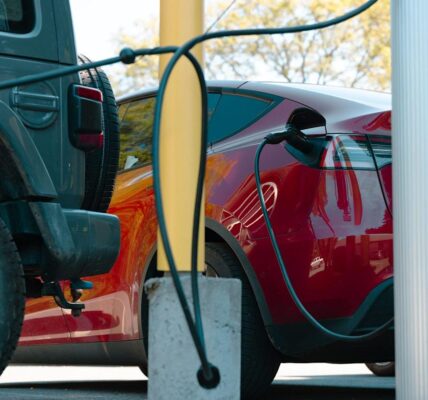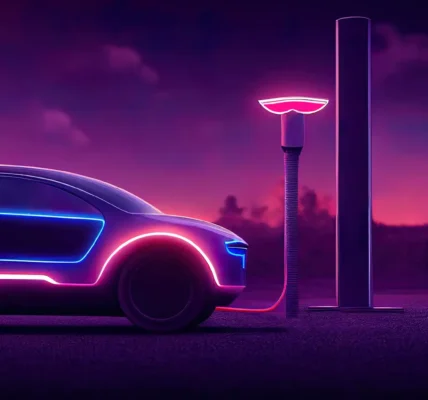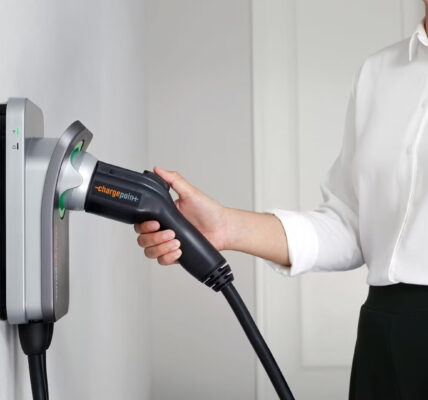Tesla (TSLA) – Get Free Report CEO Elon Musk despises the term “recall” when it comes to an over-the-air software update or vehicle remote upgrade, but that’s the term Chinese regulators used for a recall of 1.1 million Teslas sold from Jan. 12, 2019 to April 24, 2023.
Tesla had some other over-the-air software updates in the US that were referred to as recalls by the National Highway Traffic Administration, including 30,000 Model X vehicles for an airbag issue in January. In November 2022, the company also recalled 321,000 vehicles in the U.S. due to a taillight problem and another 40,000 for a power steering problem.
Many Electric Vehicles Recalled
Recalls are a reality for many of Tesla’s rivals, too. Ford’s (F) – Get Free Report popular F-150 Lightning needed a recall in March because of a defect in the battery cell that could cause vehicle fires. And in September 2022, Ford recalled certain 2022 Mustang Mach E Crossovers for a possibility that the vehicles’ axles could break.
General Motors (GM) – Get Free Report had battery pack sealing problem back in October 2022 and recalled about 735 of its 2022 Hummer EVs and 85 of its BrightDrop EV600 electric vans.
Nissan (NSANY) issued a voluntary safety recall of 1,063 of its 2023 Ariya Electric SUVs after the company discovered missing steering wheel bolts that could cause loss of steering control and an increased risk of a crash. Tesla had a similar problem with steering wheels coming off on its 2023 Model Y SUVs, which federal regulators investigated.
The Japanese automaker in February had a voluntary recall of about a half-million vehicles for steering wheel emblem detachments that could injure people if the airbag is deployed. Nissan also recalled another 800,000 vehicles for defective ignition keys.
Volkswagen (VWAGY) – Get Free Report in March issued a Safety Recall Report through the National Highway Traffic Safety Administration to recall 16,207 of its 2023 ID.4 EVs that may have a door handle defect that could cause doors on the vehicle to swing open while it is moving.
But the German automaker wasn’t finished there with the recall. The company on May 3 issued another Safety Recall Report for 35,325 ID.4 vehicles from the 2021 and 2022 model years for the same water ingress problem on the EVs’ door handles.
Jaguar I-Pace Recalled for Battery Thermal Overload
Jaguar Land Rover, which makes the all-electric Jaguar I-Pace SUV, on May 30 issued a Safety Recall Report with the NHTSA for a voluntary recall of 6,367 I-Pace vehicles from model years 2019-2024 built at its Graz Vehicle Assembly Plant in Graz, Austria.
The report said I-Pace vehicles have experienced thermal overload of the vehicle’s high voltage battery pack assembly made by LG Energy Solution Co. that causes smoke or fire underneath the vehicle. It said the defect could result in an increased risk of injury to occupants or persons outside the vehicle as well as property damage. The report did not list any specific instances of injuries or property damage.
Recalled vehicles will receive an update to the Battery Energy Control Module software that will monitor the battery pack assembly operational status that indicates where the battery contains conditions which may lead to thermal overload condition, the report said.
The software provides an enhanced level of driver warnings in relation to battery condition and where the software determines a risk exists, the high voltage battery charging capacity is limited to 75%, according to the report. The warning message and associated owner guide instruction directs the driver to take their vehicle to a Jaguar retailer for diagnosis and, as required, repair.
The retailer will inspect and, if necessary, replace the affected battery module/pack, and there will be no charge to the owners for this repair. Jaguar Land Rover dealers will be notified June 8, and vehicle owners will be notified July 21, the report said.








